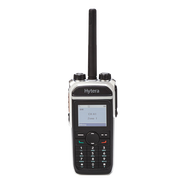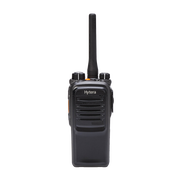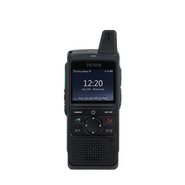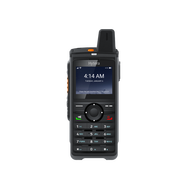Stadium staff managing day-to day operations, maintenance, safety, security and crowd control for large or small events rely on two-way radios. Stadium managers are challenged with a variety of different situations all at once. Reliable deployable communication from the best-fit two-way radios can help mitigate some of these challenges by enabling staff to exchange and respond to important information across a large site instantly.
Features needed for Stadium Management
Two-way radios for stadiums need to have certain features in order to cater to the needs of running events and managing large crowds of people. Some staff have their radios with them all day long, and actually cover quite a lot of ground, so their radio needs to be fairly lightweight and comfortable to use.
Noise is also a huge issue when it comes to communicating in large stadiums. During a concert or sports game, noise levels can go through the roof, making it hard to give and receive instructions. This is why radios used in stadiums need to have noise cancellation, so that staff can always hear each other.
Noise cancellation means that no matter how loud the background noise is, your voice can still be heard via the radio, and you can still hear what your colleagues are saying. This is absolutely crucial in high pressure situations and whilst managing large crowds, as things can quickly get out of control. Lives can be at risk and reliable, fast communication can make the difference between a crisis and a well managed situation.
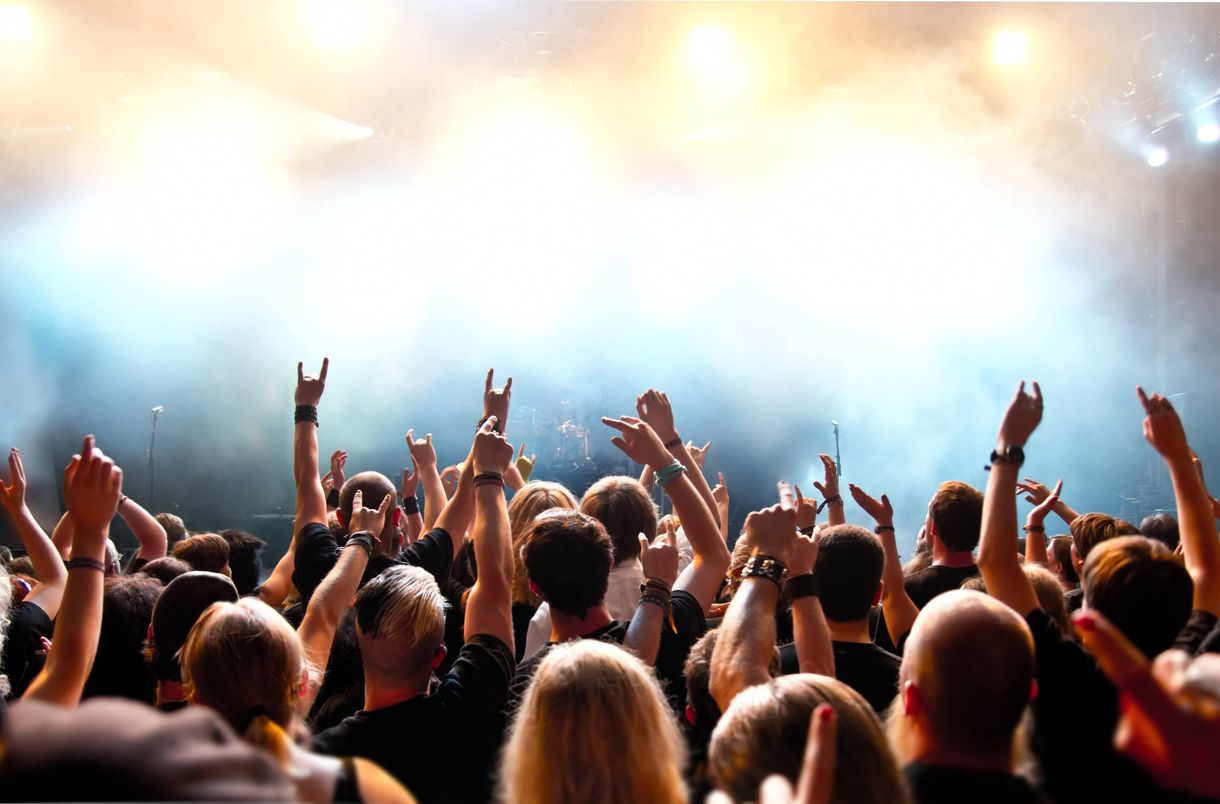
Robust and Reliable, Key for Stadium Personnel
Radios used for stadium management also need to be very robust, as they get used for hours on end, and can easily get knocked or bashed in crowds. Reliable radios are a must when you are trying to keep everyone inside a large stadium safe and under control.
Another thing to consider when using two-way radios to manage stadiums is transmission quality and range. Radio signals need to be able to transmit from one end of a very large stadium to another. The signal often needs to pass through concrete walls, and also an enormous amount of noise.
Different teams often function within a stadium, so it’s handy if each team has its own channel. For example, the security team may be on one channel, the parking on another and the hospitality and catering team on another. All these channels can then be managed via a central control system.
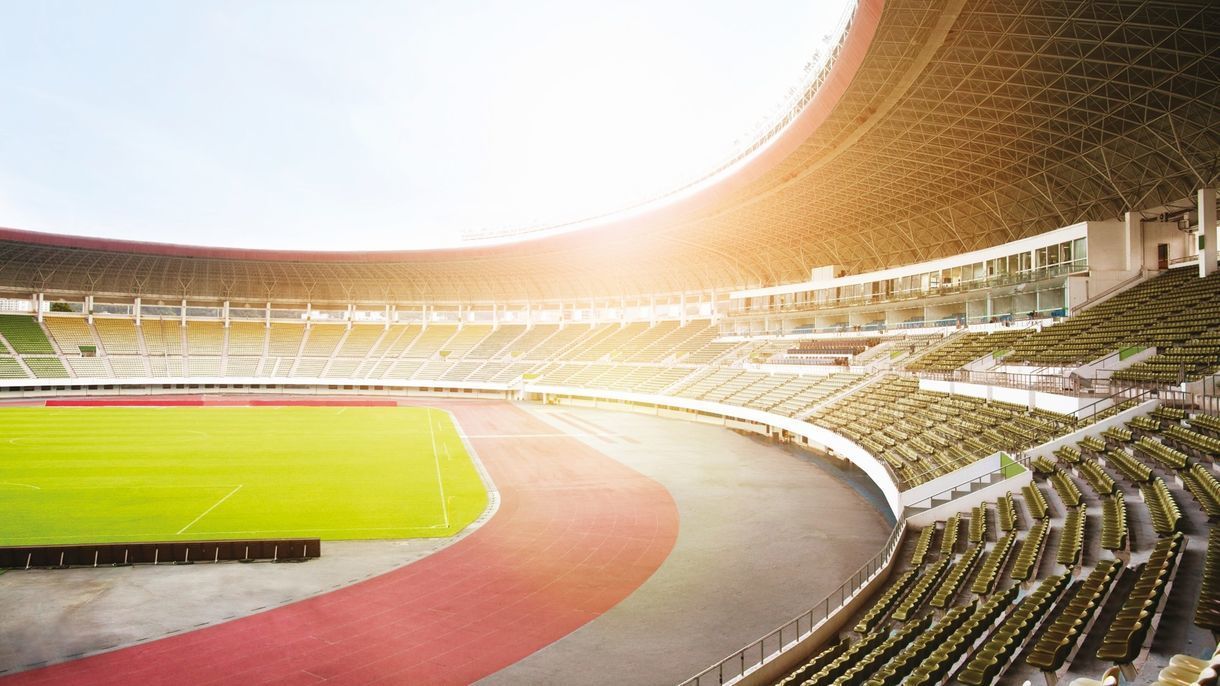
Hytera Solutions for Stadium Management
Two-way radios & stadium management enquiry
Thanks for submitting your details, an Hytera expert will be in contact with you shortly!



